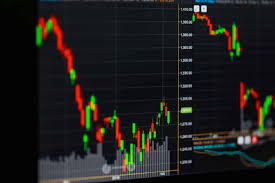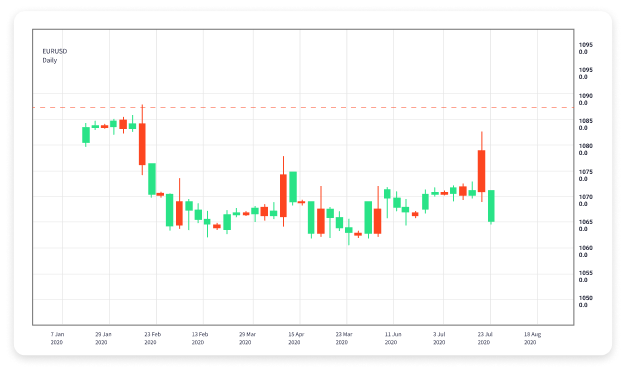
Understanding Forex Trading Signals: A Comprehensive Guide
Forex trading signals are essential tools for traders who want to navigate the complex foreign exchange market. These signals provide insights and suggestions on when to enter or exit trades based on various technical and fundamental analyses. For traders looking to maximize their potential in the Forex market, an understanding of what these signals entail is crucial. To help you get started, we’ve compiled a comprehensive guide on Forex trading signals, including insights into finding the forex trading signals Best South African Brokers to support your trading endeavors.
What Are Forex Trading Signals?
Forex trading signals are indicators or triggers that suggest when to buy or sell a currency pair. They are often derived from technical analysis, which studies price patterns and market trends, or fundamental analysis, which focuses on economic indicators and news events that might impact currency values. Signals can be generated by experienced traders, automated trading systems, or software designed for technical analysis.
Types of Trading Signals
There are primarily two types of trading signals: manual signals and automated signals. Understanding the differences between them is crucial for choosing the best option for your trading strategy.
1. Manual Signals
Manual signals are generated by traders, either through their analysis or through communication with other experienced traders or signal providers. This method involves a more hands-on approach where traders need to interpret data and decide on their trades based on the suggestions received. Manual signals usually come with additional details, such as the rationale behind the trade and potential risks involved.
2. Automated Signals
On the other hand, automated signals are generated by trading systems or algorithms that analyze market data and generate signals based on predefined criteria. These systems can operate without human intervention, allowing for faster trade execution. While automated signals can help eliminate emotional decision-making, they are often less flexible than manual signals and can sometimes overlook market nuances.
How Forex Trading Signals Work

Trading signals typically include specific information that guides traders on how to position themselves in the market. Most signals will indicate the following:
- Currency Pair: Specifies which currency pairs to trade.
- Buy/Sell Indicator: Suggests whether to buy or sell the specified currency pair.
- Entry Point: The precise price level at which to enter the trade.
- Stop Loss: A recommended price level at which to exit the trade if it goes against you to minimize losses.
- Take Profit: An identified price level where the trader should exit to lock in gains.
Benefits of Using Forex Trading Signals
Utilizing Forex trading signals offers several advantages to traders, particularly those who may not have the time or expertise to analyze the market in depth:
- Time Efficiency: Signals save time by providing traders with ready-made trade ideas based on thorough analysis.
- Help for Beginners: Beginners can benefit from following signals while they learn the ropes of trading.
- Better Decision Making: Signals provide a framework for making trading decisions, which can help reduce emotional trading.
- Access to Expertise: Many signals are generated by experienced traders or professionals, granting access to their insights.
Choosing a Forex Trading Signal Provider
Selecting the right signal provider is crucial to your Forex trading success. Here are some tips to consider:
- Reputation: Research the provider’s reputation in the forex community. Look for user reviews and testimonials.
- Performance Track Record: Check the performance history of the signals provided. Reliable providers should offer transparency regarding their past results.
- Cost: Many signal services come at a cost. Evaluate whether the potential returns justify the expense by comparing various providers.
- Support: Ensure the provider offers adequate customer support for users of their service.
Common Mistakes to Avoid
Even with the help of trading signals, traders can still make mistakes. Awareness of common pitfalls can help you navigate your trading journey more successfully:
- Overreliance on Signals: Always remember that signals are just tools to assist in your trading. Trust your judgment and analysis.
- Ignoring Risk Management: Never enter trades without a solid risk management plan, including stop-loss settings.
- Chasing Losses: Don’t let emotions dictate your trading. If a trade goes against you, reassess rather than doubling down without a strategy.
Conclusion
Forex trading signals can serve as valuable assets for traders of all experiences, even though they come with their own set of challenges. By understanding how they work, their benefits, and how to choose the best providers, you can leverage signals to help improve your trading strategies. As you embark on your trading journey, always remember the importance of a well-rounded approach that includes both the use of signals and effective risk management strategies.